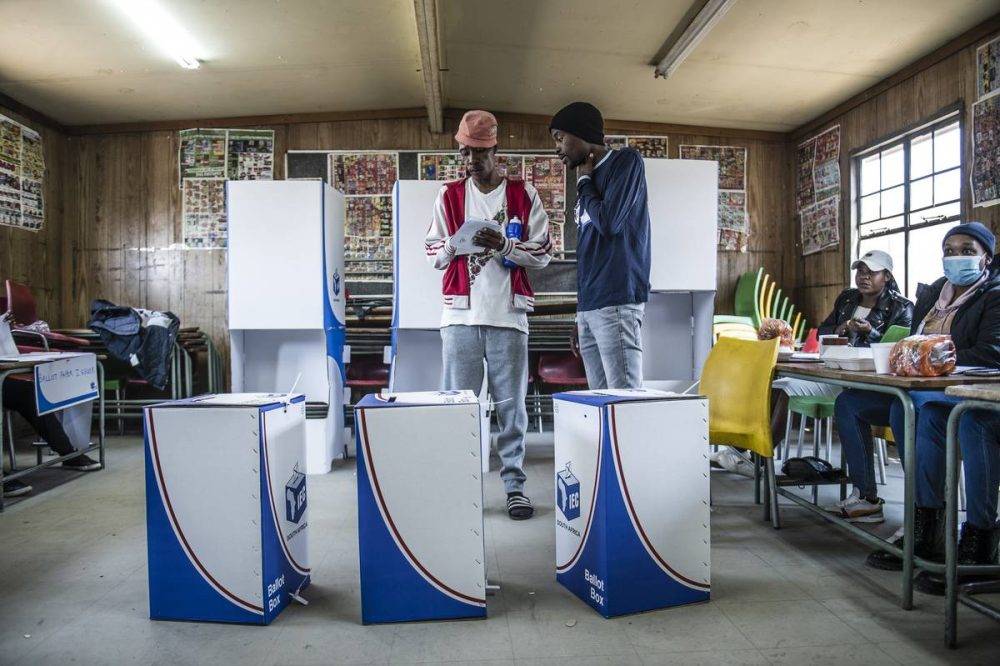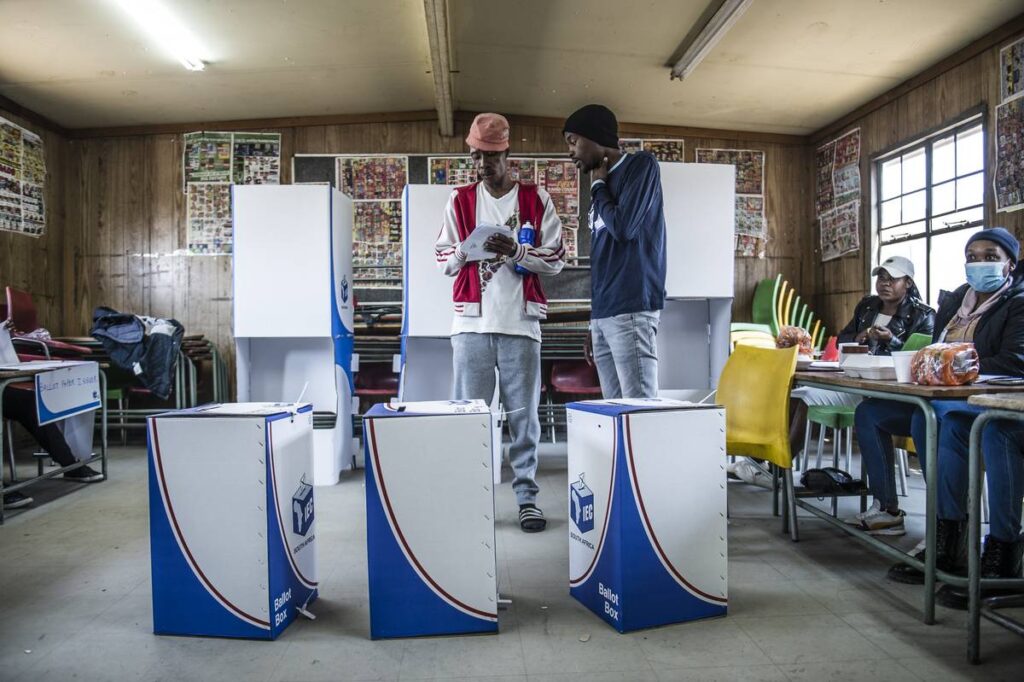
Danger: There have been attempts to spread misinformation to undermine the integrity of the 2024 elections. (Delwyn Verasamy/M&G)
a Experts have warned that the increased spread of disinformation and misinformation on social media platforms such as X, Facebook and WhatsApp during South Africa's 2024 general elections could have eroded trust in legislative, political and government institutions.
Keegan Leach, a researcher at the non-profit organisation Africa Check, told the forum on Tuesday that the misrepresentations included undermining the integrity of the South African Electoral Commission (IEC).
While false information is intentionally created and spread by individuals, misinformation occurs when people reshare reports without realizing they are false.
Leach said Africa Check, working with several other organizations, published 69 disinformation reports during the election period, noting that the number of false reports had increased compared to the 2019 vote.
Typical examples include false quotes attributed to politicians, false claims about attendance at rallies, endorsements of non-existent political parties, etc. One example is a deepfake video of rapper Eminem supporting the Economic Freedom Fighters (EFF).
“Someone filmed a video of the rapper Eminem and used voice cloning technology to imitate his voice and make it seem like he was supporting the EFF. This is pretty crazy because it's so bizarre and completely untrue that this US celebrity would be involved in a South African election,” Leach said.
He said many of the edited photos and videos typically lack polish.
Other false reports included the EFF producing fake ID cards to allow foreigners to vote in elections, President Cyril Ramaphosa offering free data bundles to ANC supporters, false claims that ballot papers had been found with pre-filled votes for the ruling party, and a false report about an Umkhonto we'Sizwe (MK) party rally using photos from a May Day rally in another country.
“But the most coordinated and dominant tone we saw was posts undermining the credibility of the IEC, and these were particularly intense as the polls opened, during the actual voting, and then during the vote count after the election, with all the allegations about how the IEC was biased,” Leach said.
He said there had been frequent claims that votes had not been counted correctly or that election materials had been destroyed, but “the sheer volume of it was very surprising to us.”
He added that disinformation often occurs online where there is an “information vacuum.”
“Breaking news is a classic example of how few details are available about breaking news. Often, the details are filled in by scammers looking to profit from breaking news and people desperately searching for information but unable to find accurate information,” he said.
According to a presentation given at the forum by the Centre for Scientific and Industrial Research (CSIR), before the elections, the volume of data increased mainly due to political party campaigns. Around 45% of posts on X were about voting neutrally and 45% were negative about the elections. On the day of the election, the volume of data increased significantly, but negative sentiment decreased and useful content increased.
The CSIR said its assessment of the tone of posts showed a shift from anger and anticipation before the election to joy and optimism on election day.
Byron Dabel, a cybersecurity expert at TriNexia, said technological tools using artificial intelligence could help political parties protect their reputations from false information and quickly remove online posts.
“If a political party is involved in fraud or wrongdoing, it can cause serious damage to its public reputation. Voters may view the party as unethical, corrupt or untrustworthy and may lose support even if the party has not created or spread fraud,” he said.
Dovell said misinformation and disinformation spread through online campaigns could significantly distort the legislative process and undermine public trust in government institutions, “leading to serious disillusionment and reduced civic engagement.”
“It can have a profound effect on public opinion and policy-making, changing the way democratic institutions function and creating challenges that Parliament will need to address to essentially maintain trust and efficiency in governance,” he said.
“Lawmakers must navigate the ethical challenge of addressing misinformation without infringing on rights like free speech. Balancing these concerns can be complex and contentious.”

